About Sisters
for Peace Initiative
Sisters for Peace Initiative (SPI) is a women-led and women-founded non-governmental organization that works on the empowerment of women and girls to participate in addressing the root causes and effects of violent conflict, prevention of violent extremism, and promoting cooperative approaches to Women, Peace, and Security Agenda. We work with civil society, governments, and international organizations to encourage and support effective policies and practices through advocacy, research, and policy development, and through supporting the development of local capacities and structures. We employ a human security approach to peacebuilding.
WHY WE CHAMPION PEACE BUILDING
We believe women have the voice and power to be agents of change thus, we seek to address the underlying causes of conflict, helping people to resolve their differences peacefully and lay the foundation to prevent future violence.
We appreciate the fact that a gender perspective and women’s participation, protection, and rights are critical in building peaceful and inclusive communities. Thus, SPI fosters the inclusion of women in the prevention of violent conflict, negotiating peace processes, policy-making, and reconstruction.Data indicate that the majority of the victims of violent conflict are women yet these are underrepresented in peace processes. Moreover, Women are excluded from decision-making, and gender inequalities are neglected yet Implementation of the Women, Peace and Security Agenda lags behind words and rhetoric. Sexual and gender-based violence is endemic and rape in war is perpetrated with impunity. Women are often victimized, yet, women also have the voice and power to be agents of change.
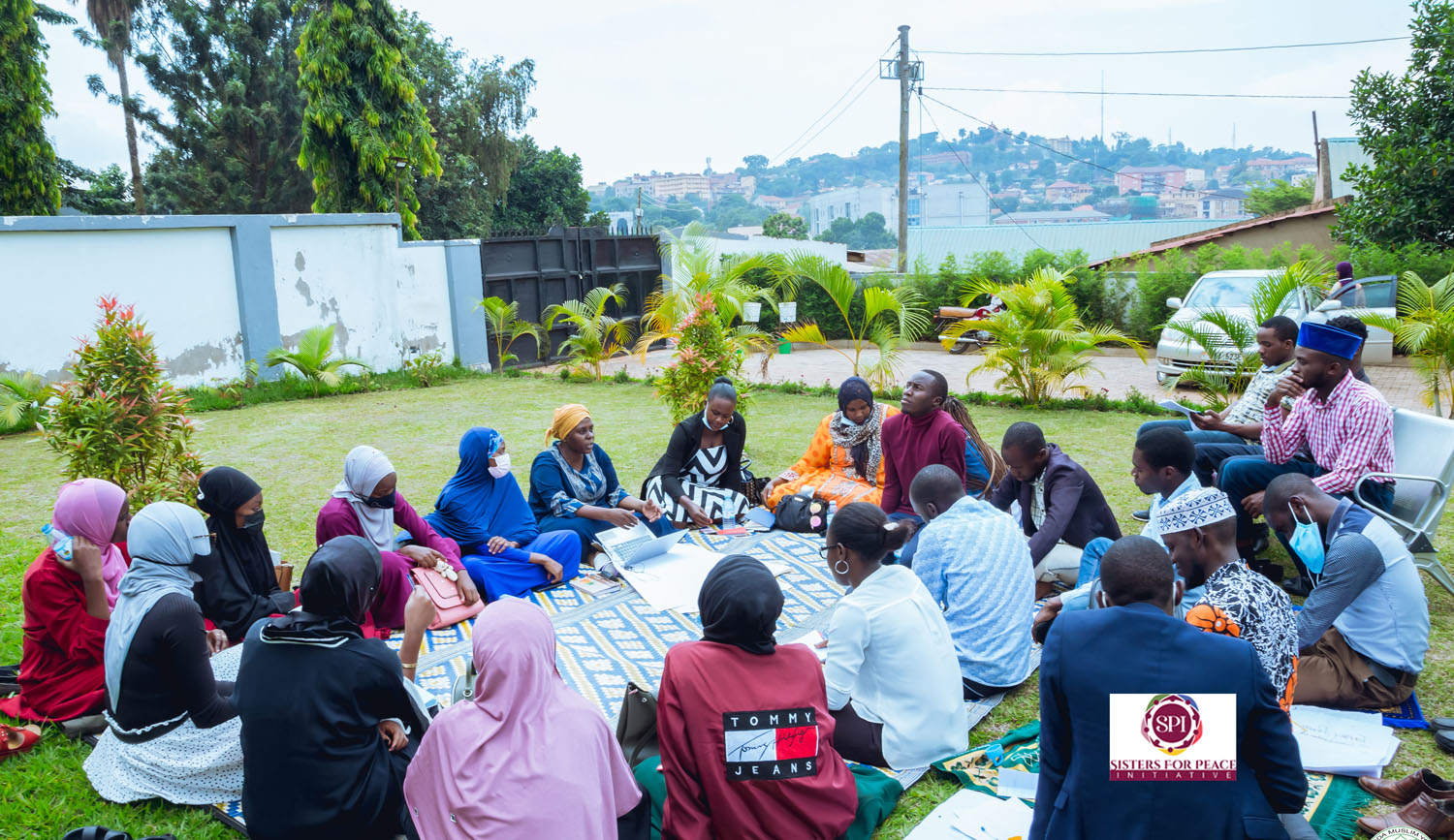
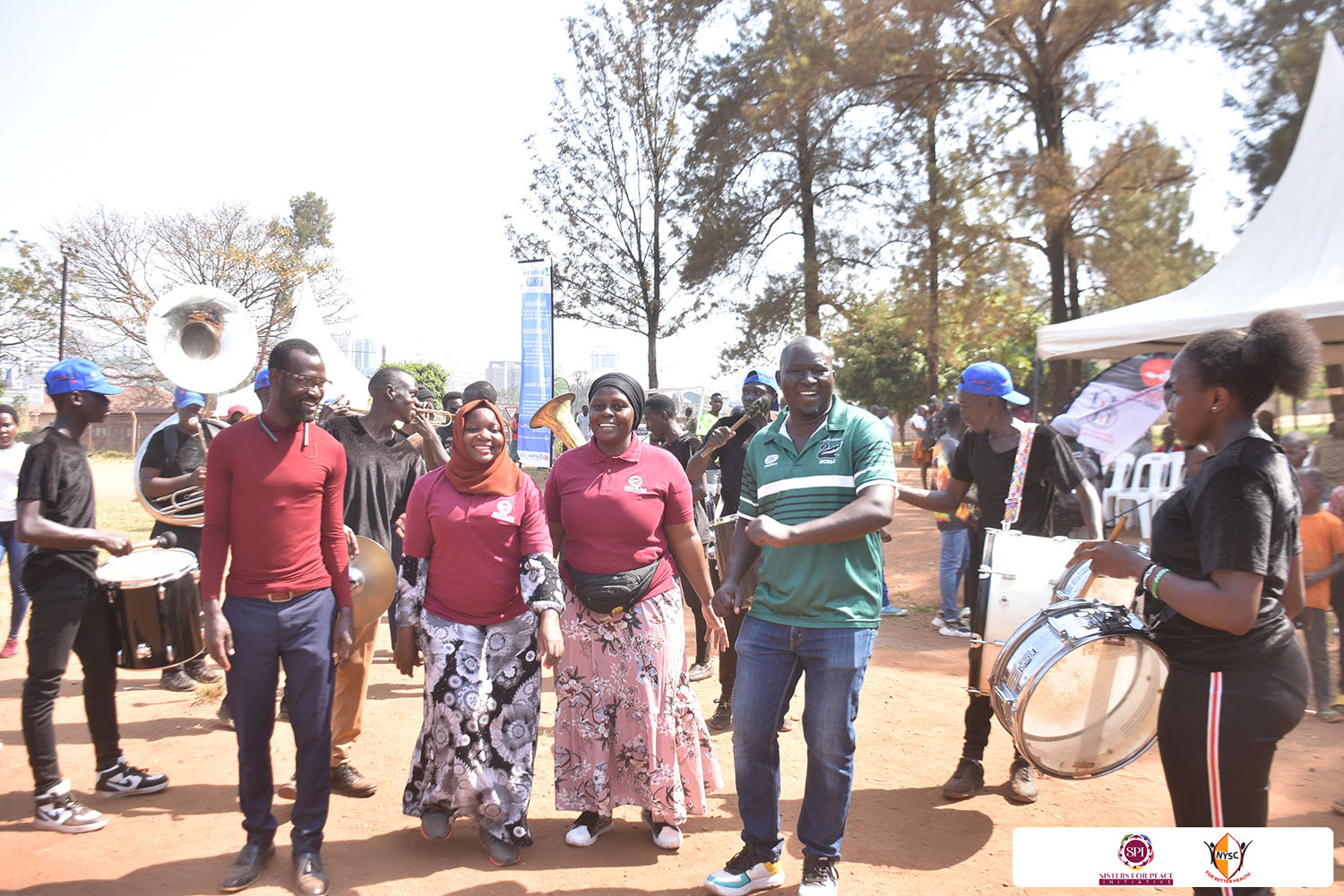
MISSION
To educate and empower women and girls to prevent and respond to violent conflict through exchange learning, knowledge mobilization, dialogues, economic development, policy advocacy, rehabilitation, and training..
Vision
We envision a world comprising a vibrant movement of women and girls spearheading peace and prevention of Violent conflict.
SPECIFIC GOALS
- To employ a human security approach to peacebuilding guided by a gender-based needs/vulnerability analysis framework.
- To eliminate barriers and accelerate women’s participation and leadership in the peace and security sector.
- To eliminate barriers and address vulnerabilities that limit women’s participation and leadership in the peace and security sector.
- To address existing and emerging factors that exacerbate Violent Conflict & Violent Extremism.
- To produce high-quality research and analysis to foster evidence-based peace and security programming and policy making.
- To strengthen the capacity of religious leaders and institutions to contribute to peace and justice.
- To directly engage in initiatives to resolve violent conflict, and support post-conflict recovery and reconciliation.
- To build and strengthen partnerships and alliances with like-minded stakeholders
- To build an active, competent, enthusiastic, resilient, and results-driven team fit to deliver the institution’s goals in an ever-evolving and challenging peace and security landscape.
CORE VALUES
SPI espouses the following values:
Transparency: At SPI, we uphold transparency as a cornerstone of our values. Through open communication and accountability, we ensure that our actions and decisions are accessible and understandable, fostering trust among our stakeholders.
Accountability. For us, accountability is not just a word but a commitment. We take responsibility for our actions, ensuring our efforts align with our mission. By being answerable to our beneficiaries, partners, and the communities we serve, we uphold the highest standards of ethical conduct.
Professional integrity. Professional integrity is the bedrock of our interactions and operations at SPI. We adhere unwavering to ethical principles and maintain the highest level of professionalism in all our endeavors, from research and advocacy to networking and capacity building.
Gender sensitivity. SPI’s dedication to gender sensitivity is integral to our vision. We strive to create a world where gender equality is not just a goal but a reality. Our commitment to empowering young women and men ensure that all voices are heard and values in development and governance processes.
Mutual respect. Respect is the cornerstone of our collaborations at SPI. We foster an environment where diverse opinions are welcomed and every individual is treated with the utmost respect. We create a foundation for effective partnerships and meaningful change by nurturing mutual respect.
THEMES
Conflict Prevention and Early Warning
– We undertake a variety of activities and strategies within the field of peacebuilding that are deployed to preempt and subsequently neutralize potential triggers to widespread violent conflict.Women, Peace, and Security –
We acknowledge that the participation of women is critical to the success of any peace-building process – if half the population is excluded or faces discrimination, peace will be impossible to achieve.Sisters for Peace Initiative is focused on promoting the Women, Peace and Security Agenda guided by the regional and national WPS National Action Plan.
Unequal power relations, harmful norms, exclusionary systems and gender-based violence are associated with increased vulnerability to conflict and the use of more severe forms of violence. Understanding these dynamics allows us to uncover more transformational and sustainable pathways to peace.
Transitional justice and reconciliation.
We appreciate that in peace-building, reconciliation incorporates the search for truth, justice, forgiveness, and accommodation between conflicting groups or people.We implement programs geared towards the reestablishment of friendly relations. In the case of violent conflicts, we foster reconciliation which incorporates the search for truth, justice, forgiveness, and accommodation between conflicting groups or people. Among the youth and young women, we periodically conduct campfire conversations (Ekyoto) to address issues concerning relationships, gender-based violence, traditional and gender norms, and so forth.
Climate security and Peace-building
– Sisters for Peace Initiative is aware that competition over the environment and natural resources is frequently a contributing factor to violent conflicts. Although these factors are rarely the only cause of violent conflict, environmental over-use and the exploitation of natural resources can not only increase the severity and duration of conflict but also make its resolution much more difficult. Women and girls have been highly affected by the devastating effects of climate change yet their participation in addressing these effects is limited. Sisters for Peace Initiative works to promote women and girls’ participation in climate change mitigation and adaptation.Prevention of violent extremism
- SPI implements programs that foster women’s participation in Preventing violent extremism by addressing the root causes of violence and finding peaceful solutions that are inclusive and sustainable. Vulnerabilities among women and girls exacerbate poverty, discrimination, and inequalities exacerbating the perception of exclusion and injustice. These can create the right conditions for violent ideologies to spread, for the recruitment of violence, and for hate to take hold of individuals or communities. These factors hamper peace, development, and cohesion, sometimes for generations. Often when we think of violent extremism, we think of those who have been drawn into it, or of those who have been victims to its violence. However, it is vital to also recognize and support those who have risen to confront it, non-violently. Those who risk their lives every day to build peace. Those who support young people to turn away from militant groups and extremist narratives, and who work tirelessly to keep hate speech and intolerance at bay. Mostly these are women and girls.Governance
– We are aware that conflict prevention is a key part of good governance in peaceful and well-ordered societies. SPI empowers women to build institutions that are trusted and accepted and facilitate inclusive processes for sustainable peace.Charity
- In most general situations, people define charity as giving resources like money and time to a greater cause without expecting anything in return. However, our interventions in this regard go beyond time and money, to restoring hope and trust among vulnerable communities. We aim to help communities achieve sustainability and become more self-sufficient.SPI mobilizes partners to conduct charitable activities as a way of giving back to the community and utilizing local resources. The purpose of charity, or selfless giving, is to serve the most vulnerable groups in society, helping them ensure that their basic needs and human rights are met. These charities highly depend on those individuals who can commit to giving small amounts of their time and/or money as well as in-kind items to the most deserving individuals and communities. <./span>
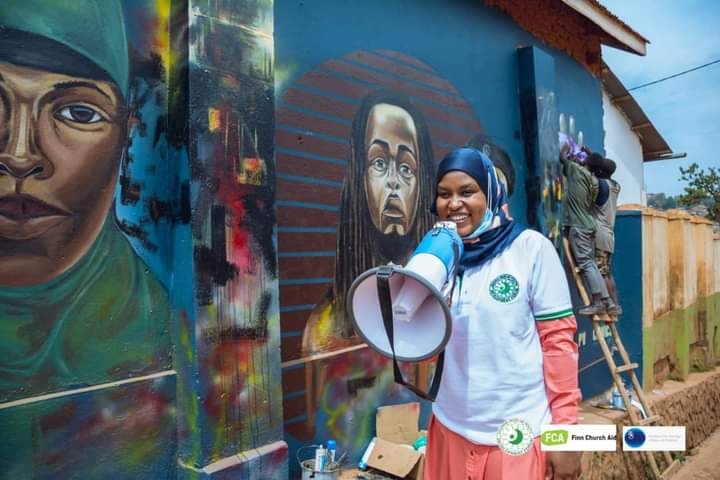
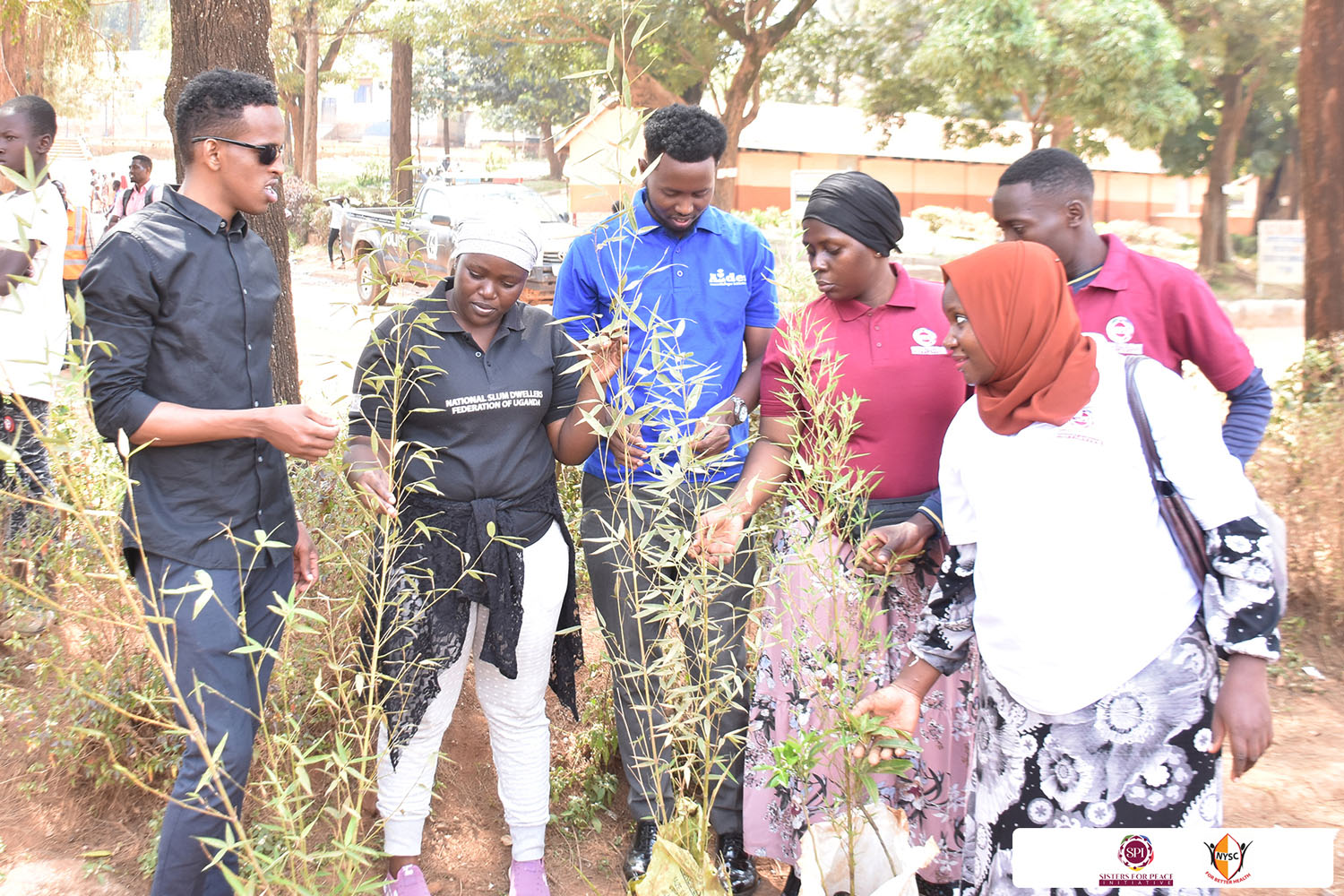
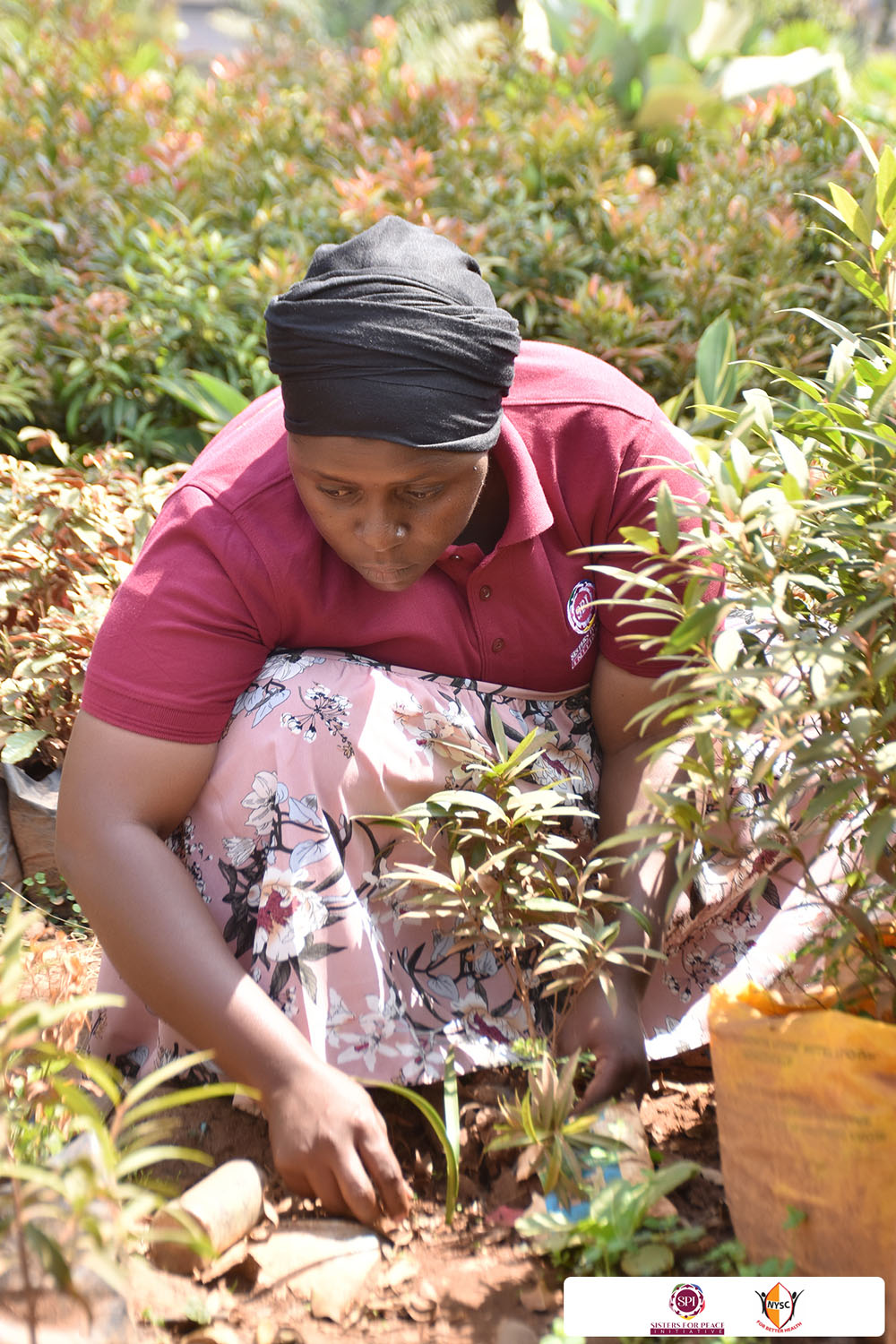
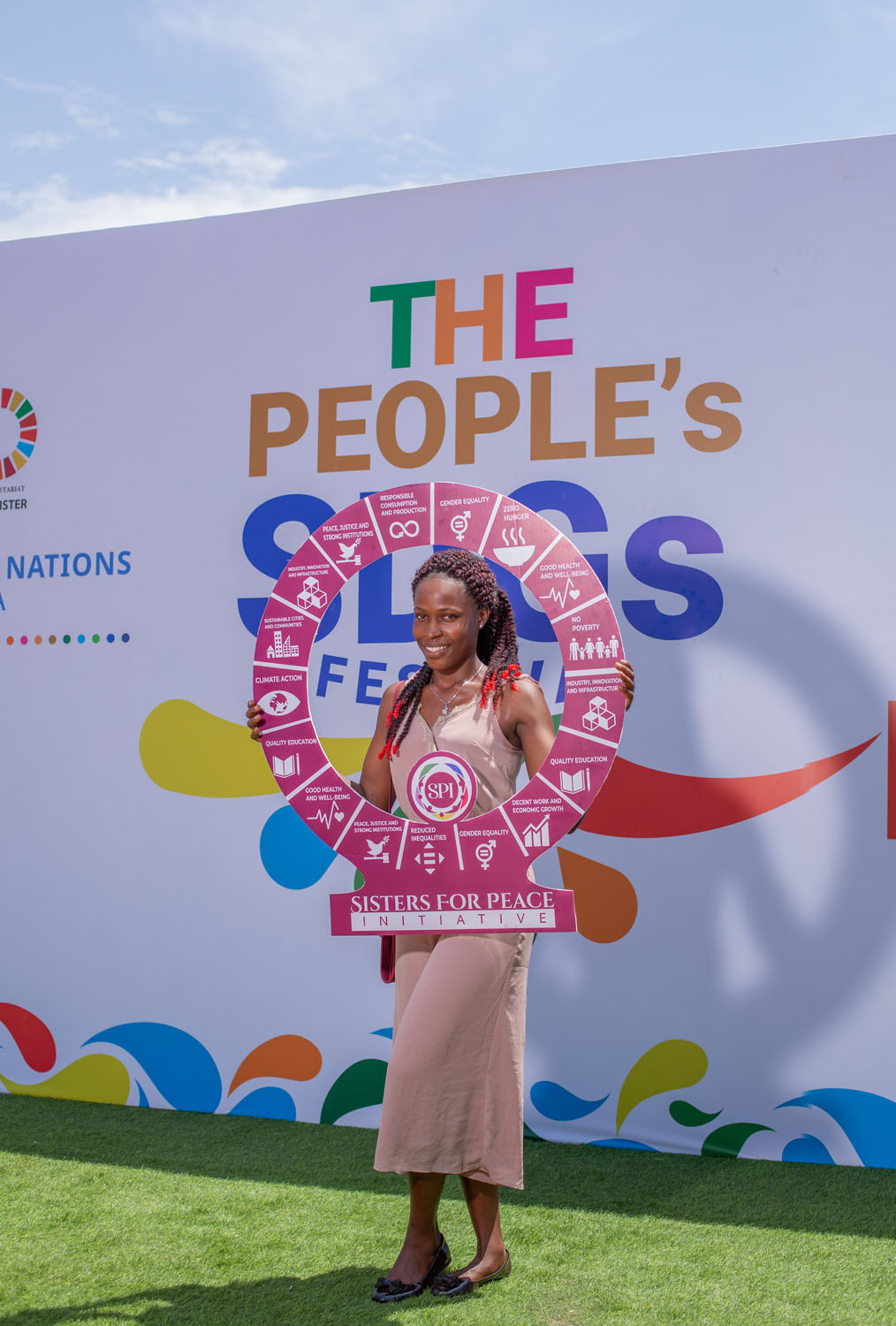
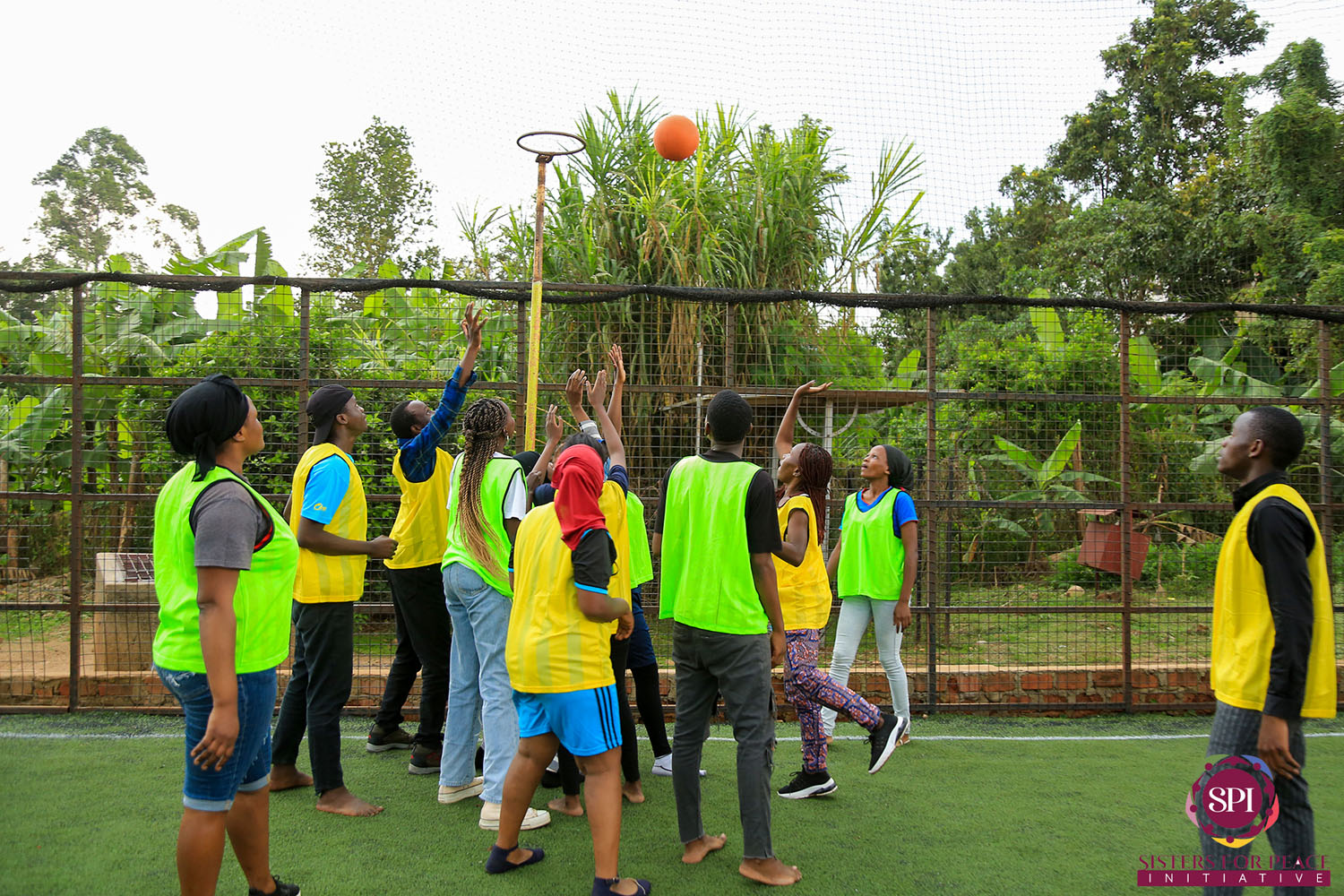
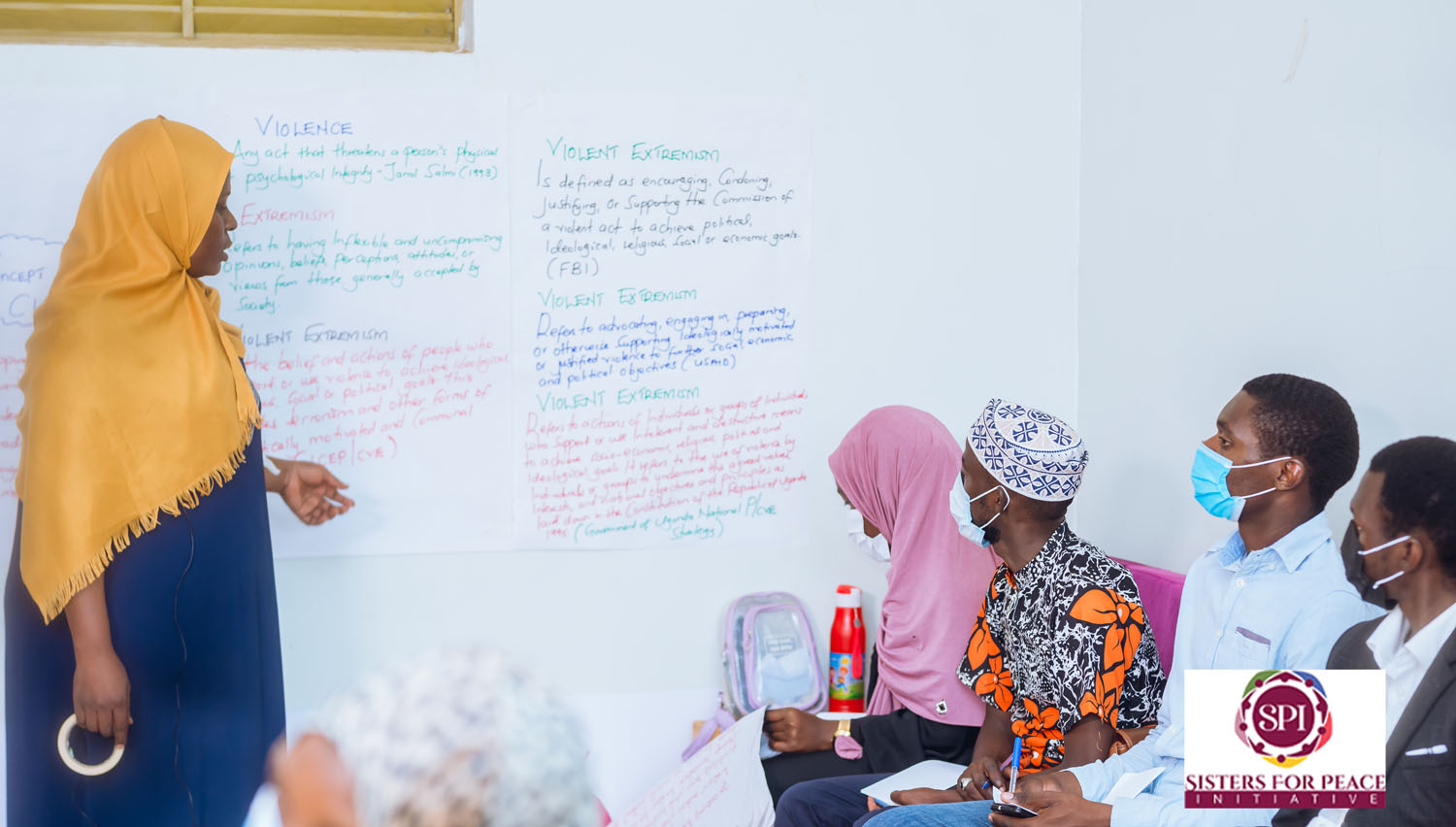
APPROACHES
Human security Approach to peace-building
- We employ a human security approach to peace-building by building bridges that foster individual and groups’ freedom from threats, menaces, structural conditions, and behaviors that ultimately create a situation of insecurity. These factors range from food security, economic security, environmental security, political security, personal security, community security, and health security.Research, Peace Education, and Training
- We provide a wide range of training, education, and knowledge-sharing opportunities to build the capacity of individuals, institutions, and communities to address conditions conducive to violent conflict and violent extremism. We invest resources in producing new knowledge that advances our understanding of conflict dynamics and informs evidence-based peace-building and P/CVE programming.Sports and Creative Arts
- SPI engages in carefully selected and organized sports and arts-based activities that foster positive behavioral change and uplift voices of the marginalized women and girls. We use sports and creative arts to lobby for policy change, mobilize communities for social change as well as foster religious, ethnic, gender, and political diversity.Advocacy
- SPI employs the different approaches and strategies that are used to resolve the conflicting situation. These strategies are devised in a way to minimize the violence and achieve the desired change for the beneficiaries involved. Some of the actions include but are not limited to supporting communities in understanding the conflict dynamics, influencing public opinion soliciting support, and gathering and spreading reliable information to combat rumor and prejudice.Coalition building
- SPI endeavors to form alliances and partner with other like-minded, women-focused, and women-serving organizations in all its activities. It promotes the importance of coordination and a collective approach to addressing complex issues and maximizing impact. Central to this will be collaborating with organizations that share complementary mandates such as Sisters without Boarders, Coalition for Peace Africa Network, and Democracy and Accountability Network Africa (Dana Consortium).Track II diplomacy
- We expedite processes that foster peacemaking by developing strategies, to influence public opinion, and organize human and material resources in ways that might help resolve violent conflict. SPI is part of the CSO regional actors that work towards addressing the conflict in the DRC and other parts of East Africa.Early Warning and Early Response
- SPI works with local communities in violence-prone areas that have better access to the best and most reliable information and understanding of the dynamics of conflict and violence to undertake initiatives that occur in the latent stages of a perceived potential armed conflict with the aim at reduction, resolution or transformation.Strategic communication
- SPI employs communicating concepts, processes, or data that satisfies a long-term strategic goal of an organization by allowing the facilitation of advanced planning, networking, and coordinating actions and activities that persuade parties to conflict to disengage from violence and pursue a path of peace as well as embracing conflict transformation.Dialogue
-We encourage marginalized people to speak out about the conflicts which affect them, and work to ensure they have the space to do that. And we develop skills, share knowledge and promote lessons to improve how individuals, organizations and governments around the world respond to conflict.Our Team

Nashiba Nakabira
Nakabira Nashiba is the Head of Programs at Sisters for Peace Initiative(SPI), where she coordinates the overall running of the organizational activities. She has seven years of experience working with women and youth in marginalized communities of Uganda. Nashiba studied for a degree of Master of Arts in Peace and Conflict Studies from Makerere University and a BA in Arts and Social sciences from Kyambogo University. Her areas of expertise include; proposal writing, conflict resolution and management, interfaith, Identity-based violence, identity, diversity and Peacebuilding, gender mainstreaming, budgeting & advocacy, and undertook research on refugees, violent extremism and youth participation in governance and decision making.

Mwanaheri Fatuma
Mwanaheri Fatuma, is a female Ugandan citizen holding a Bachelor’s degree in Industrial and Organizational Psychology from Makerere University. She is working with Sisters for Peace Initiative(SPI) as the Assistant Programs Manager responsible for Planning and Managing SPI's activities such peace building, conflict resolution, Preventing & countering Violent Extremism, sister club activities, developing training manuals and sessions.
Mwanaheri is passionate about creating and maintaining a peaceful and safe environment for girls and women in less privileged communities through mentorship, capacity building, guidance and counselling and linking them to available opportunities.

Lailah Zubairi
Lailah Zubairi is a renowned expert in the field of Women, Peace, and Security (WPS) with extensive
experience as a practitioner, researcher, and advocate. She has made significant contributions to
advancing the WPS agenda nationally and has worked tirelessly to ensure that the voices of women are
heard in peacebuilding and conflict resolution efforts.
As a practitioner, Laila has worked on the ground in conflict and post-conflict areas, implementing WPS
programs and initiatives. She has worked with a range of stakeholders, including governments, NGOs,
and local communities, to promote the inclusion of women in all aspects of peacebuilding, from
negotiations to post-conflict reconstruction. Her experience on the ground has given her unique insights
into the challenges facing women in conflict-affected areas and the most effective strategies for
addressing these challenges.

Jamida Nakaye
Jamidah is committed to upholding public trust and confidence in social care services. She is the Head of Finance and Administration for Sisters for Peace Initiative and has over 10 years of experience in accounting and administration. She has a long list of relevant social work qualifications and team player. Jamidah is mentally strong enough to be able to work in a various crisis oriented and unpredictable environment. As someone who is totally committed to her job, she is not afraid to identify gaps and other community challenges and contribute to devising solutions

Nalukenge Hajarah
Nalukenge Hajarah is a Communications Officer for Sisters for Peace Initiative (SPI) and holds a Bachelor’s Degree in Business Administration and a Diploma in Procurement and Supply. She has over ten years of experience in Professional communication and is responsible for providing print, digital, creative and operational support across all organization departments and ensures that SPI’s communications is influential, informative and engaging for the full range of our stakeholders.
Hajara is so passionate about creating and maintaining a peaceful environment for all adolescents and less privileged through a helping hand, guidance and counselling. She is a peacemaker and passionate about peacebuilding.
